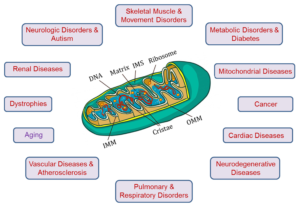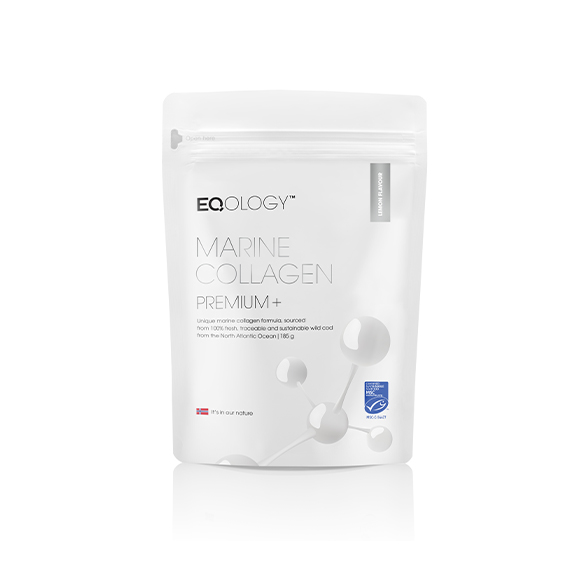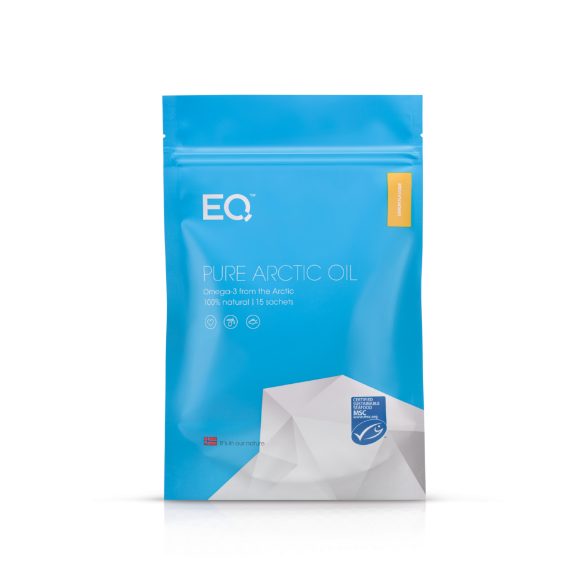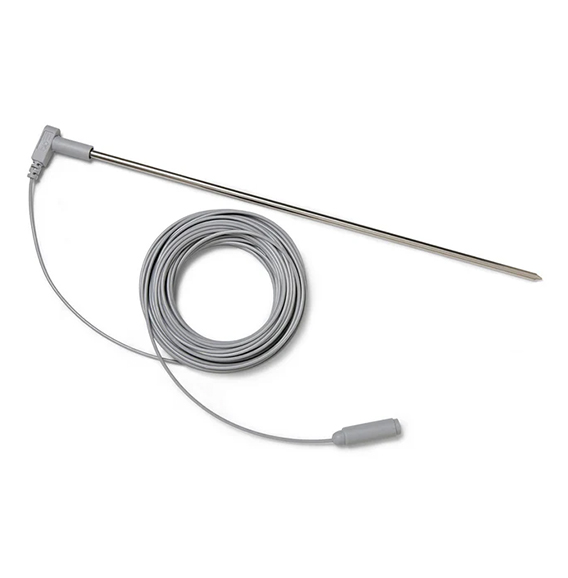
Mitochondria—Energy Factory
Microscopic mitochondria are an energy factory for our cells. The cells, focusing together, form tissues, tissues form organs, and our body is created from the organs.
The cells take on nutrients, which we provide them with food to spread them into prime factors and generate the energy necessary for the functioning of all organs. This process is commonly known as cellular breathing, and most of the chemical reactions that occur within it take place in mitochondria. Its result is the creation of ATP compounds, which are energy carriers—they circulate all over the body, providing it where it is needed. Most often they visit the heart and brain: organs in which complex processes take place around the clock, demanding (as you can guess) the constant supply of fuel. To improve these processes, the most mitochondria accumulates in these organs.
By improving the work of mitochondria, maintaining the correct structure of the mitochondrial membranes along with the oxygen, which we breathe, we improve our body. Without the proper functioning of the cells, our body falls into dysfunctions.
A healthy mitocondrium creates a healthy cell.
Even a sick cell when it has a healthy mitocondrion is able to fix. But a healthy cell with a poorly functioning mitocondrion is not able to survive.
Mitochondriopathy is transmitted by a woman, so let’s remember that the woman’s health both before the decision to get pregnant and during pregnancy has an influence on the health in which our child will grow.
The mitocondrion is easily destroyed during the combustion process (cellular energy production). Free radicals, i.e. oxygen molecules, which do not have a set of electrons, therefore “steal” them from other structures. They are the greatest to contribute to the degradation of mitochondria and the formation of irreversible damage.
One mitochondrium treats all mitochondria, Dr. Bodo Kuklinski
As a consequence of the abnormal work of mitochondria, there is a problem with the functioning of the whole body. Which may suggest that this applies to you:
– You can’t exercise as intensively as so far, or you catch shortness of breath quickly.
– You have difficulties falling asleep, and you feel tired during the day.
– It’s harder for you to concentrate at work.
– You suffer from digestive issues.
– Your body has issues with efficient removal of toxins.
– You see or hear worse.
– You feel or get colder quicker.
– You often have headaches, muscles, and joints.
Everything that surrounds us has an impact on mitochondria: the water we drink, food, air, environmental toxins, incorrect sleep, lack of proper oxygenation, quality, and quantity of physical activity, mental stress, pharmacological agents, and even our relationships in relationships.
In the current world we live, the content of minerals and vitamins has fallen.
Stimulants, processed food, add-ons contained in them, excess sugar in all products, pesticides, fertilizers … all this in our cells and disturbs their proper functioning. We typically give in to various therapies, but above all you should look at how we live, what we drink, what we eat, how we rest. Start repairing our body from scratch so that the power to get a measurable and long -term effect. Taking drugs usually does not cure us but only mask symptoms, and can only bring us short -term improvement and temporary relief.
With age, your mitochondria are damaged and mutated that affect their functioning.
Damaged mitochondria accumulate in cells.
Your cells produce less new mitochondria with time.
Healthy mitochondria are necessary for your health. They produce 95% of your body energy. Your mitochondria also provide important signal particles for gene expression and help promote a normal inflammatory response throughout the body.
Mitochondria dysfunction has the greatest impact on the tissue and organs that require high energy, such as the brain, heart and muscles.
Take care of yourself!. Prevention is more effective than treatment!.
If you ignore the first symptoms, the problems will get worse.
What is crucial for mitochondria?
For Energy Production: Coenzyme Q10-Ubichinol, Vitamin B1, B12, B3, vitamin C, Vitamin K2, L-Carnitine, Magnesium, Alpha-Lipoic Acid, Taurine, Glutamine, Ribose
Functioning of membranes: Omega-3, Tocopherols, Phospholipids
Antioxidation: Coenzyme Q10-Ubichinol, Enzymes, Glutathione (GSH), Vitamin B12 and B5, vitamin C, vitamin D and E, Carnitine, Melatonin
Microelements: Chrome, Sulphur, Manganese, Selenium, Magnesium, Zinc, Iron, Copper.
Magnesium. We do not have to do the test to introduce magnesium into supplementation. We all have deficiencies at the cellular level, regardless of disease entities.
It is worth choosing the right form of magnesium for yourself: taurine, glycynians, magnesium malate, treonians, citrates and baths.
To take care of the right level of vitamin D3, do the 25-hydroxy vitamin D test. It is the most accurate way to measure vitamin D in your body. If it is below 80 nmol/l, it is worth introducing supplements. Vitamin D3 is also crucial for our resistance.
B vitamins, important for enzymatic processes, and these to obtain energy. B1 is primarily significant for people with diabetes problems, insulin resistance, because the “recharging” of the cell is difficult here due to the disease.
B12 crucial for mental health, its deficiencies also occur in digestive disorders.
It can be examined from urine or by examining the level of homocysteine.
CoQ10 is vitality and greater muscle strength, improves fertility, cares for the vascular system. It is a natural and safe substance.
Omega-3 acids—provide flexibility to our cells, so its walls have the greater ability to absorb the necessary ingredients to survive and function properly.
The correct attitude towards Omega-6 and Omega-9 reduces inflammation, regulates blood pressure, takes care of the arteries, and affects the condition of our skin.
Maintaining the correct structure of mitochondrial membranes thanks to the appropriate food, which we consume, and oxygen, which we breathe, produces cellular energy, called ATP and its proper level allows us to ensure the proper functioning of our body.
HBOT strengthens the functions of mitochondria, reduces systemic inflammation and helps cells produce the required amount of energy for optimal functioning. It also stimulates stem cell responses, growth factors, production of collagen and angiogenis support.
Every cell in the human body, except for red blood cells (which do not have mitochondria requiring oxygen), needs oxygen to produce energy. In the ground of many chronic diseases of the modern world lies dysfunction of mitochondria, severe systemic inflammation and the inability of cells to produce energy required for optimal functioning.
HBOT provides the body with excess oxygen, thanks to which it improves the functioning of the body. That is why it can help treat so many diseases.
HBOT can benefit even in autoimmune diseases, such as multiple sclerosis, lupus and rheumatoid arthritis. Hyperbaric oxygen therapy increases the immune system’s ability to combat infection by increasing the activation of white blood cells and mechanisms of reactive oxygen forms. One of the main reasons why hyperbaric oxygen therapy works in such severe states is the fact that they are caused by anaerobic bacteria that do not live in high oxygen -concentration environments. Placing a patient in an environment with a high oxygen content significantly reduces bacterial ability to function. This can stop infections, block toxicity or break bacterial biofilms.
Sources: Dr. Mercola, Dr. Sonners, Mitochondrial Medicine Portal



















